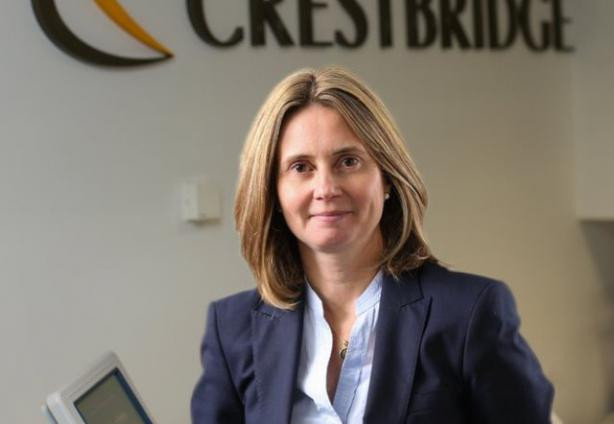This week the Grand Duchy’s investment fund industry is carefully examining the impact of new EU investment rules, called the AIFMD, which will regulate “alternative” investments meant for professional or savvy investors, such as hedge funds and real estate funds.
One benefit of the AIFMD for the industry is the ability to manage and market their funds more like Ucits retail mutual funds, which potentially could save money and help firms move into new markets. Certain functions will be able to be run under contract by professional third party firms called “management companies” or “mancos”.
On Tuesday Luxembourg trade group Alfi hosts its latest “leading edge” conference at the Chamber of Commerce with “practical insights and technical workshops” on the regulations.
Indeed, Brussels’ directive must be implemented into national law across the EU28 by July 22 and Luxembourg financial regulator CSSF has already open applications for new the licenses required under the measure and published a FAQ on applying for authorisation as alternative investment fund manager or an AIFM.
Conference speaker Daniela Klasén-Martin, head of Crestbridge in Luxembourg, spoke to Delano about the application her firm, which formerly was known as DCG, is currently making to the CSSF.
AG: Why are you applying to become an AIFM?
DK-M: “We already have a number of requests to act as an AIFM and Crestbridge already has many of the structures and expertise to run the alternative funds especially private equity and real estate funds. The benefits of operating within Luxembourg means that investment managers and advisors currently registered outside of the EU are examining the pros and cons of each domicile and frequently Luxembourg is the location of choice.”
AG: How long has it taken you to prepare for your AIFM application?
DK-M: “In fact for firms with an existing ‘Chapter 15 ManCo status’ [which Crestbridge holds] the process of getting ready for this legislation is less arduous as there are similarities with Ucits IV requirements. For example, in terms of organisation and internal procedures, we have been ready for a while. The application still took significant input from us assisted by our legal counsel. Any additional involvement is dependent on specific questions that the CSSF might have.”
AG: When do you hope to finalise your application?
DK-M: “The law comes into effect on July 22, so we are submitting our application to become an AIFM before that date, which is likely to make us one of the first to be authorised, all things being equal.”
AG: In your view, is the CSSF helping investment firms and service providers with the process?
DK-M: “The CSSF are accepting applications before the deadline and have issued a questionnaire to help firms. They are being pragmatic and in line with Luxembourg’s reputation as an advanced regulator.”
AG: Luxembourg is sometimes accused of having a “light” or ineffective regulatory regime. Would you agree?
DK-M: “No I wouldn’t say that it is light. All of the requirements are there and it is not an easy process to become a manco; you need more than just paper work and procedures, you need people with real expertise.”
AG: Did you hire a law firm to help with the application, or does that not make a big difference in your view?
DK-M: “On principle a firm could complete this process without a law firm, but if you do not have an internal legal department it would be challenging. A law firm can guide you on the way to present your file in the most effective manner; getting straight to the point. We chose the person rather than the law firm with whom I have had previous exposure, so I could trust that their contribution to the process would be efficient. Certainly some lawyers are better than others, although ask me after we have authorisation.”
